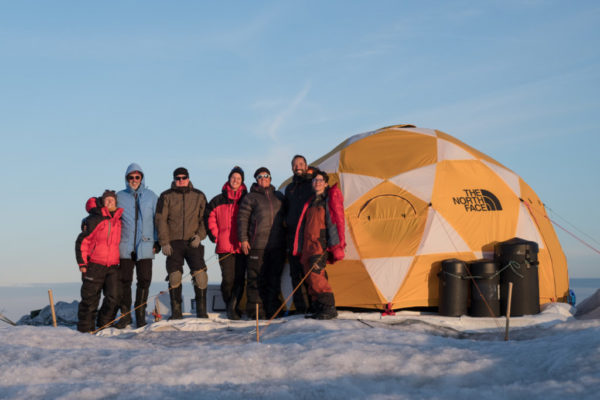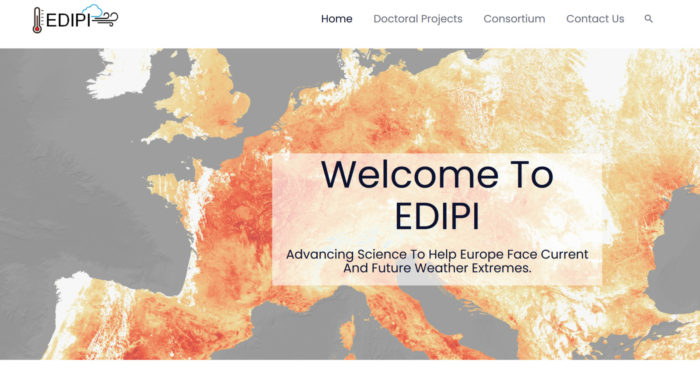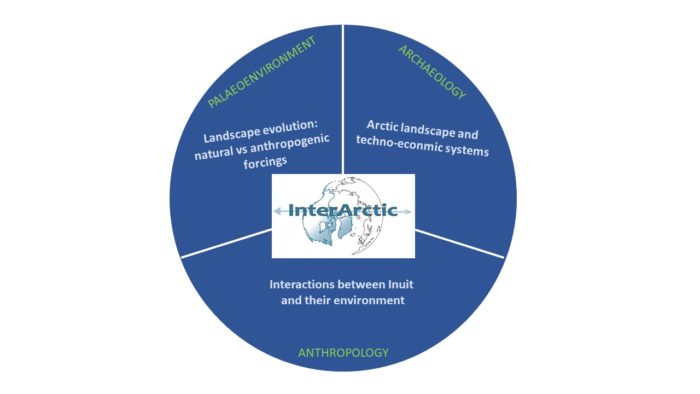With the abstract deadline at 13th January, we would like to highlight some of the fantastic sessions that are offered in the climate division in 2021. Due to the large amount of offered sessions, we focus in this overview on EDI sessions. EDI stands for equality, diversity, and inclusion and the EDI logo highlights sessions that include conveners from multiple countries and institutes, different ...[Read More]
Deep Purple on Ice – Research on the Greenland Ice Sheet During the Pandemic

Insights into the EU project Deep Purple, fieldwork during the COVID-19 pandemic and doing research in a camp on the Greenland Ice Sheet. Written by Ph.D. students Rey Mourot (GFZ Potsdam), Laura Halbach (Aarhus University) and Eva Doting (Aarhus University). On maps, Greenland is shown as a massive white island. This vast ice and snow cover plays a vital role in reflecting incoming solar radiatio ...[Read More]
A new European effort to better understand extreme weather

Extreme weather events routinely have detrimental socio-economic impacts around the globe. In fact, weather-related events make up over 90% of natural disasters worldwide [1]. In the new millennium, the frequency of many extreme weather events such as droughts and high temperatures, has systematically exceeded the levels seen in the 1980s and 1990s [1], and anthropogenic climate change may further ...[Read More]
InterArctic project: understanding the interaction between artic environments and societies
The InterArctic project (Fig. 1) focuses on vulnerability, resilience and adaptation of northern societies facing global change. The current rapid warming of Arctic and Subarctic climates has already produced many changes in the social, economic and cultural behaviour of the populations inhabiting these regions and more changes are expected to come. In this context, looking at the past provides th ...[Read More]

